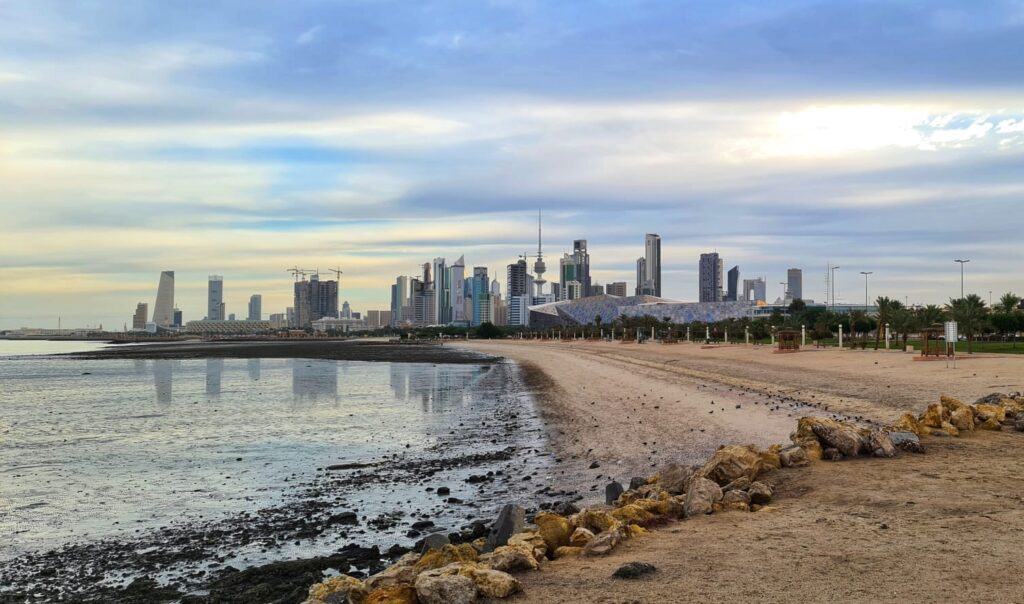05/01/2022
05/01/2022
KUWAIT CITY, Jan 5: The Arab Gulf Center for Studies and Research has ranked Kuwait as the third safest Arab nation in 2021 according to the classification of 20 Arab countries in the study which was based on 15 various indicators, all of which are intertwined with the study of the “comprehensive safety situation for citizens last year”, reports Al-Anba daily. The study also gives a future outlook for 2022, said this is done after adding new approved determinants among other indicators to assess the state of safety, including the pandemic response indicators (death volume and vaccination rates) as well as climatic variables associated with the assessment of environmentally friendly areas, least affected by global warming, and most distinguished by healthy air quality, all of which are influential factors in assessing the quality of life of the Arab citizen. The Qataris maintained their first place as the safest Arab country for 2021, for the second year in a row with a bright outlook for 2022, followed by the Emiratis in second place.
The Kuwaitis climbed one place up from last year’s fourth position, the Bahrainis advanced to the fifth, the Omanis fell to the fifth place, and the Saudis are in sixth place, while the Jordanians in the seventh place bettering their 2020 ranking. The Moroccans advanced to the eighth place, and the Algerians ninth, compared to the ninth and tenth places, respectively, in the previous classification.
The Tunisians are in tenth place while the Egyptians advanced to the eleventh ranking. The Corona pandemic changed the indicators for assessing the state of security and safety of peoples in the world and the Arab world in particular, as the pandemic had significant repercussions on the quality of life for citizens, and highlighted a great disparity between Arab governments in responding to these repercussions and the ability to provide a safer environment for peoples with minimal risks.

Pandemic
This is in addition to the repercussions of the pandemic, alarming climate changes and the repercussions of global warming have also affected the safety rating of the living environment of the Arabs. Although it is located in a region surrounded by conflict and tension areas, the Gulf peoples have swept to the top of the rankings -- thanks to the solvency of their governments, and to the policies of social support, the development of citizen welfare services and the improvement of their integration into the knowledge society.
Despite the remarkable improvement in the efforts of development, construction and development in human capabilities and infrastructure to anticipate future challenges and improve the well-being of citizens, most of the Gulf countries face worrying pollution challenges, especially at the level of cities and capitals that complain of a worrying concentration of air pollution; and global warming may be the most prominent challenge the Gulf governments will face in the future, especially those related to transforming their capitals, which are exposed to high pollution risks, into environmentally friendly areas.
Some Arab countries, especially energy-producing countries, face huge challenges related to establishing a balance between achieving social progress, well-being, real human development, and creating equitable and developed societies without increasing greenhouse gas emissions from sustainable levels. In general, the peoples of some Arab countries witnessed some exceptional circumstances during 2021 that affected the state of security and safety, especially those related to economic and political stability, which in turn negatively affected the deterioration of the quality of life of citizens and reinforced indicators of lack of optimism in view of the weak political and economic stability or the weak response to the pandemic crisis or to the aspirations of citizens, especially demands for work and social support.


